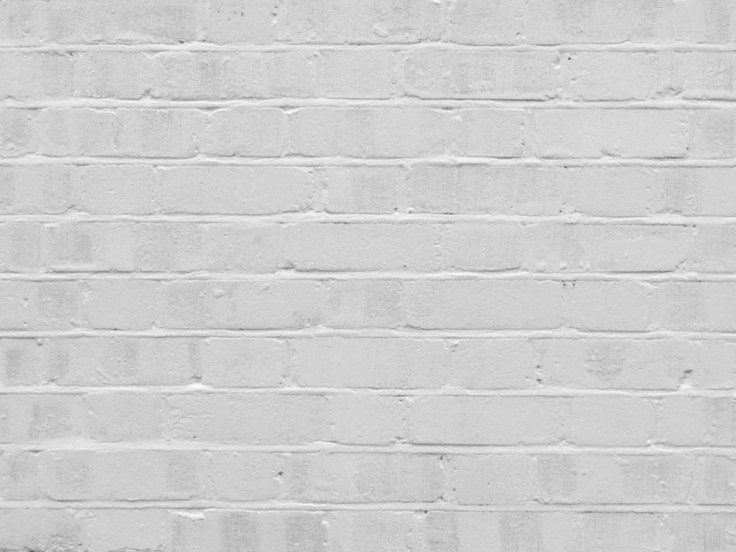BBFC: 10-hour film of paint drying awarded U certificate following protest fundraising campaign

A British filmmaker has been successful in forcing the British Board of Film Classification (BBFC) to watch a 10-hour film of paint drying and award it a certificate in protest over censorship. In November last year, Charlie Lyne launched a Kickstarter to help raise the money needed to send his 'documentary' of a single shot of paint drying on a wall for consideration for the BBFC.
Lyne was hoping to send the video as a protest against the "stronghold" the organisation has on the British film industry, as all films must carry a BBFC certificate in order to be released in cinemas unless they have permission from a local authority. The BBFC also has the power to censor or ban films entirely. The BBFC charge an initial fee of £101.50 ($144.88) to view a film and then and additional £7.09 for each minute that the film lasts. The idea was the more money Lyne could raise via his fundraiser, the longer his paint-drying film could last.
In the end, the campaign raised £5,936, meaning that Lyne was able to send a film of paint drying lasting 607 minutes to the BBFC, which examiners were required to sit and watch in its entirety in order to award it a certificate.
'Paint Drying' has been delivered to the BBFC: https://t.co/UTaPUfvIQF pic.twitter.com/wRoCycFgKS
— Charlie Lyne (@charlielyne) January 20, 2016The BBFC confirmed it had awarded the movie a U certificate along with a note warning that the description of the film "may contain spoilers". It also read: "Paint Drying is a film showing paint drying on a wall. It contains no material likely to offend or harm."
Explaining his protest, Lyne told Mashable: "I was at an open day that the BBFC hold each year for filmmakers, where they discuss the work [that] the board does, and I was amazed by how unfazed everyone — examiners and filmmakers alike — seemed by the censorship that was going on there. I dreamed up 'Paint Drying' that afternoon as a way to encourage debate on the subject."
He added: "Hopefully it will also get people thinking about the board and its role within the British film industry. The BBFC was established more than a century ago, so it's easy to just see it as part of the landscape and not question whether we actually want it and need it."
Today's the day: two BBFC examiners are currently watching 'Paint Drying'. AMA: https://t.co/weVqKBnZzf pic.twitter.com/tTsS15176P
— Charlie Lyne (@charlielyne) January 25, 2016The BBFC confirmed to the IBTimes UK that it had viewed the film "as it would any other submission".
A spokesperson added in a statement: "With regards to the motives behind making the film (as a protest against censorship and fees for classification), the BBFC was set up in 1912 by the film industry itself, as an independent body to bring a degree of uniformity to the classification of film nationally.
"The BBFC is a non-profit organisation that works to protect children, from content that might raise harm risks and to empower the public, especially parents, to make informed viewing choices. It implements Classification Guidelines that reflect changing social attitudes towards media content through proactive public consultation and research.
"The BBFC respects the principle of adult free choice, but will still intervene where required by the law or where in our view there is a credible harm risk. Both the free choice principle and these limited exceptions are supported by the public, and also reflect our statutory duties."
© Copyright IBTimes 2025. All rights reserved.






















